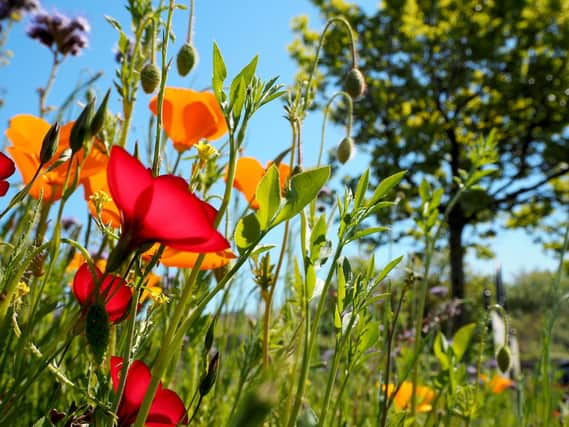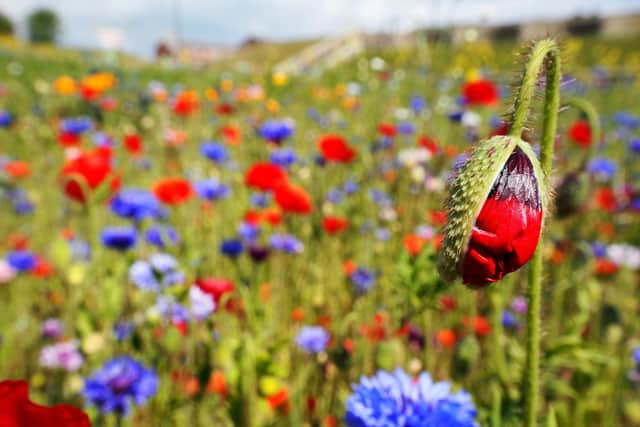Sunderland council unanimously agree to scrap use of pesticides as part of drive to improve biodiversity


The proposals received unanimous support at a meeting of Sunderland City Council this week as part of a drive to improve biodiversity and local ecosystems.
In coming years, the council will develop an action plan to eliminate pesticide use, including glyphosate, and encourage partners and the public to follow suit.
Advertisement
Hide AdAdvertisement
Hide AdLooking forward, council bosses also hope to develop a ‘wider pollination strategy’ to aid the regeneration and protection of local habitats.


Examples could range from the development of community orchards, gardens and new wildflower programmes, to ‘re-wilding’ areas of the city.
The motion was launched by Labour councillor and cabinet member for children, learning and skills, Louise Farthing, at Wednesday’s (March 24) council meeting and followed concerns from city residents.
This included fears about the use of pesticides such as glyphosate and “the impact they have on human, animal and environmental health through their use on our streets, housing estates, parks and gardens,” the motion states.
Advertisement
Hide AdAdvertisement
Hide AdCouncillor Rebecca Atkinson, cabinet member for Dynamic City, said the motion was an opportunity for the council to protect Sunderland and its residents while “leading by example and putting the green agenda firmly on the map.”
“We all want a clean, green and safe city and I feel this motion goes some way to achieve that,” she added.
“The green lungs of the city need our help, they need our support and they ultimately need our protection and with this motion we are ensuring our guardianship over those areas.”
During discussion, councillors noted the motion would build on the success of existing wildflower projects in the north area of the city.
Advertisement
Hide AdAdvertisement
Hide AdLabour councillor Denny Wilson, who chairs the council’s North Sunderland Area Committee, said all green spaces should be respected and that councillors and the public had a role to play in helping to improve them.
“We know the world is in an environmental crisis, it’s all over the media, children are being taught this in school and children are scared and they’re looking around to see what the responsible adults are doing,” he said.
“From now on, I believe every piece of green space should be treated with respect and looked at to how it can be used to benefit the environment and the residents.
“I believe it’s up to every councillor and every resident to put forward ideas for better uses of our green spaces.”
Advertisement
Hide AdAdvertisement
Hide AdLiberal Democrat councillor, Margaret Crosby, also welcomed the motion.
“I feel that future generations will be shocked that we ever considered using these toxins to destroy our bee, insect and wildflower habitats risking the important pollinators that are vital to our crops and holding our natural heritage in such low regard,” she said.
“As a gardener myself, I never used them, therefore I’m very glad to see that a more enlightened policy of preserving our natural heritage, especially our bee population, by ceasing to use these pesticides is proposed by this council.”
The motion was backed by all political groups on the council without the need for a named vote.
Advertisement
Hide AdAdvertisement
Hide AdLabour’s Paul Stewart, deputy leader of the council, said the move was “well-timed” as there are now alternatives to pesticides, such as ‘super heated foam’ or the use of specialist machines.
The councillor noted that a pollination strategy would also show the council’s commitment to wider biodiversity improvements on Wearside.